How to learn more about wine?
We may assume that, to be an expert wine connoisseur, we must go over a complex and overwhelming learning process. However, it is true that many wine enthusiasts desire to learn more and be more confident with their wine selections.
Wine is a fascinating subject and at the same time complex. To prove it, you just have to go to a wine store and see how much variety there is in them.
Fortunately, if you know certain “rules” and take into account several tips, you may go from being a novice who doesn’t have the slightest idea about this drink, to becoming a person capable of enjoying a glass of wine in the right way, if you do further study, you may even compete against a sommelier.
So… looking to learn about wine? Do you want to be the one who impresses people instead of being the impressed? If your answer is “Yes” to one or both of these questions, then, this article is for you.
While I am sure that many of our readers agree that this blog is an important media for learning about wine, we thought it would be wise to discuss various points to learn even more about wines.
The beginning, the most important part
Before starting in the world of wines, it is important to know that it is an acquired taste. This means that you probably won’t like wines the first times you drink it, so you must be patient enough and learn to taste it and define which types you like and which you don’t.
Another point to keep in mind is that tasting is quite subjective. Although there are certain standards to follow when wine tasting, that does not mean that you necessarily have to like what is considered "high quality" wine.
In the same way, in case you’re a beginner, just focus on learning and enjoying wines, without getting too complicated with data such as the vintages, salinity, oxygenation levels and other features that aren’t that important for starters. However, if you develop a passion for wines, then you must learn these things and train your palate, but of course, all of these come with time, degustation and research.
Different types of wines, how to differentiate them
The wines differ mainly by their properties and peculiarities. For instance; by the type of grape of its elaboration, color, flavor, region, aroma, among others.
Although there are classifications of all kinds, they are commonly divided into 4 types for simplicity: red, white, rosé and sparkling.
And what are the main differences between them? Well, keep reading.
Red
They are made with dark-skinned grapes such as Cabernet Sauvignon, Merlot, Malbec, Pinot Noir. They are the ones with the most tannins, and their most important characteristic and the one that differentiate them from the rest of types, is their dark red color. Because of their body type and flavor, they are recommended to accompany foods that have red meat or earthy flavors.
White
They are made with green and yellow grapes such as Chardonnay, Sauvignon Blanc, Pinot Grigio.
They tend to have acid notes and a fruitier flavor, which is why they are ideal to accompany almost any type of food. Although normally it is recommended to be served to accompany dishes with white and fatty meats (butter, cream).
Rosé
Rosé wines are generally made from the same grapes as red wine, but the skin is removed after a while. Its flavor is usually lighter than red wine and some classes have many similarities in taste with white wines.
In recent times they have gained a lot of popularity thanks to the fact that they adapt to any situation.
Sparkling
They are a type of wine that can be made with white, red and rosé wine.
Through a process of sustained pressure, the carbon dioxide bubbles in the bottle are captured, thus generating a large amount of foam when uncapped. They are ideal for celebrations and should always be served very cold. Champagnes are very popular among this category of wines.
Tannins
If you’ve been around the world of wines for a while, then you surely have heard the word "tannins." But what are they and why are they so relevant?
Well, tannins in wine are a set of substances that make wine acquire various types of properties. Among them is a drying flavor and full of texture that is easy to identify. From a chemical point of view, tannins are polyphenols derived from plants. These substances normally come from the skins, stems and seeds of grapes.
Since red wines are in contact with the grape skins longer, they generally tend to have higher tannins.
If you want to learn more about wines, then you should consider the next tips…
- Tastings: You can find tastings at local restaurants, wine clubs, or at private events. In fact, at the “wine” wine store in Miami, they occasionally offer this type of event, for wine lovers and also for their club members.
When tasting you should first focus on enjoyment, and then in education. This is also a great way to meet other aficionados while learning about wine at the same time.
- Classes: They offer an additional structure to the oenological education process. Quality programs are offered in culinary schools and wine clubs in different countries. These classes usually delve into the various nuances available in wine, focusing on their education more than having fun.
- Wine Club: There are many wine clubs where anyone can apply for membership. The “wine” wine club; presents all activities related to learning about wines, such as tastings, meetings, knowledge courses about wines, events, discussions, and the entire community are built around the love of wine.
- Books and Magazines: If you find these kinds of things interesting, there is no limit to the number of books and magazines out there. We don't find specific reviews to be very helpful because most of us don't care how you rate a particular wine from a specific vineyard or year. Instead, we prefer education, for example, themes such as: how wines are produced, how to store them properly, information about the main wine producing countries regions in the world, among others.
- Websites and blogs: the same as books and magazines. If you do a Google search on the phrase "Wine Blog" you will find a lot of information. And always remember the good source of info. In this regard, we cordially invite you to read regularly our articles about wines on the wine store blog.
- Practice: This is essential. You have to go out and test what you have learned. It takes practice and exposure to begin making the connections necessary not only understand wine, but also feel It and internalize it
You have already started your wine education by reading posts like this; Why not keep up the pace getting more knowledge? It’s up to you. Finally, we always recommend having fun and remember, you don't have to know everything about wines to properly enjoy them. Keep it simple and have fun discovering new wines and meeting new people.


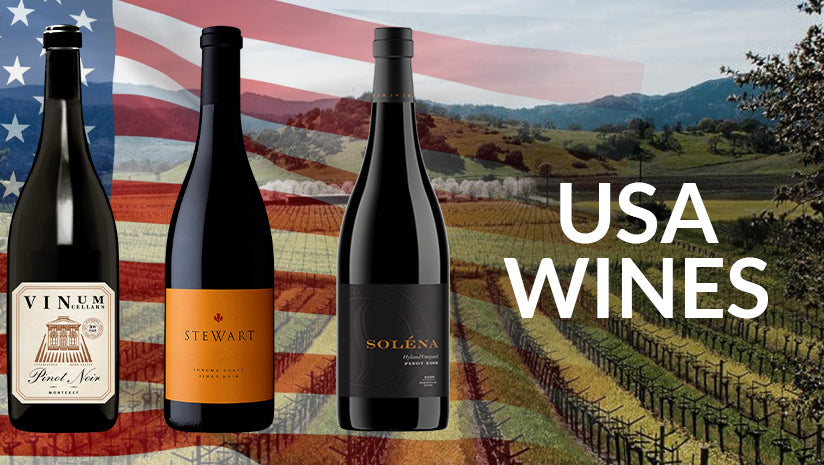
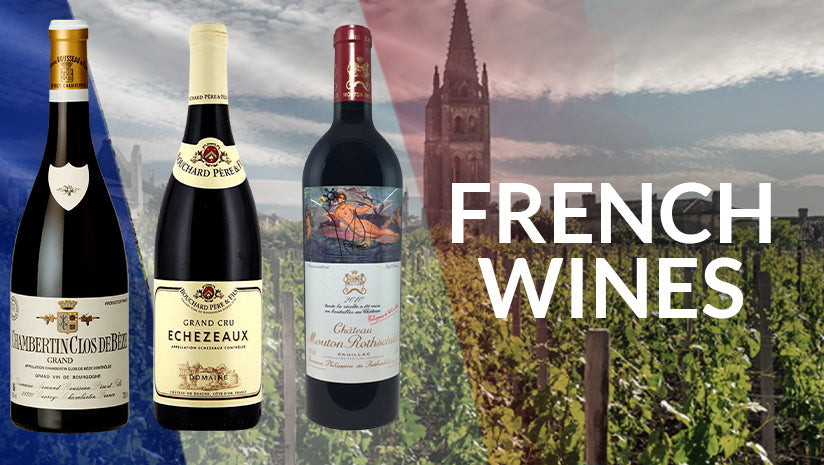
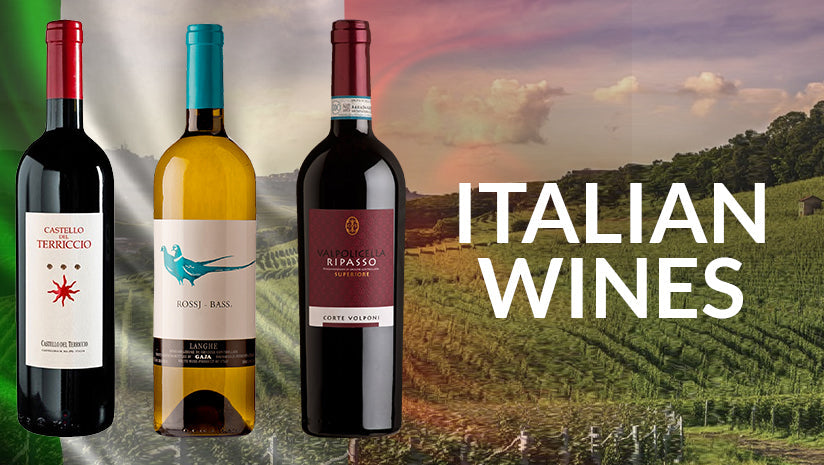
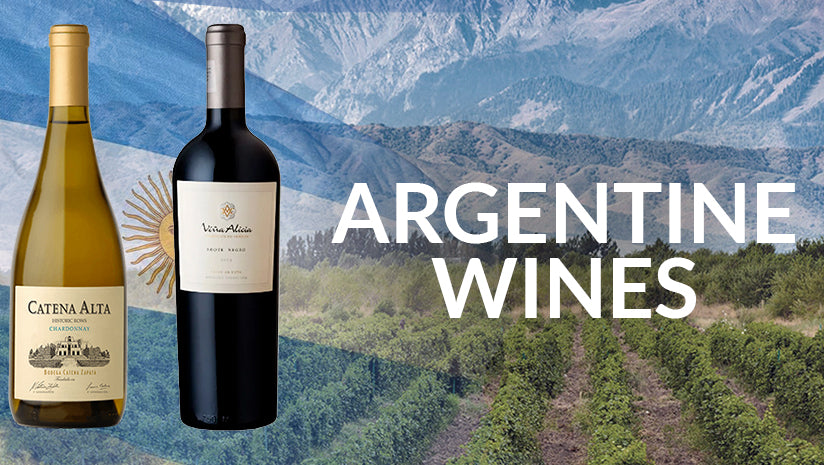
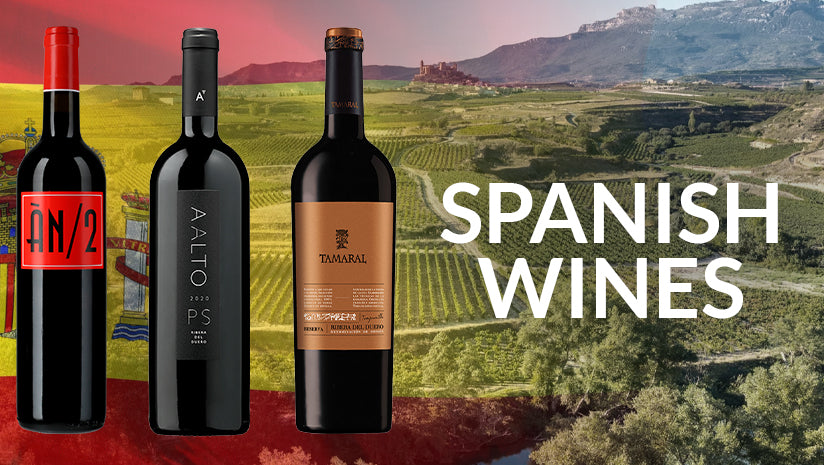
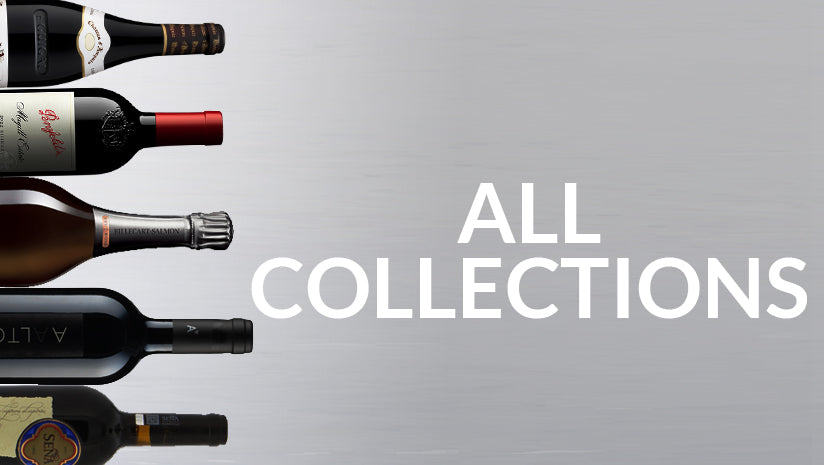
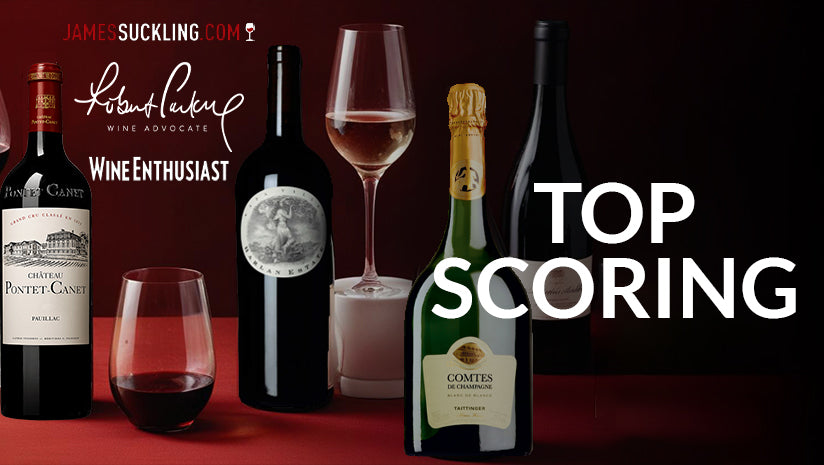
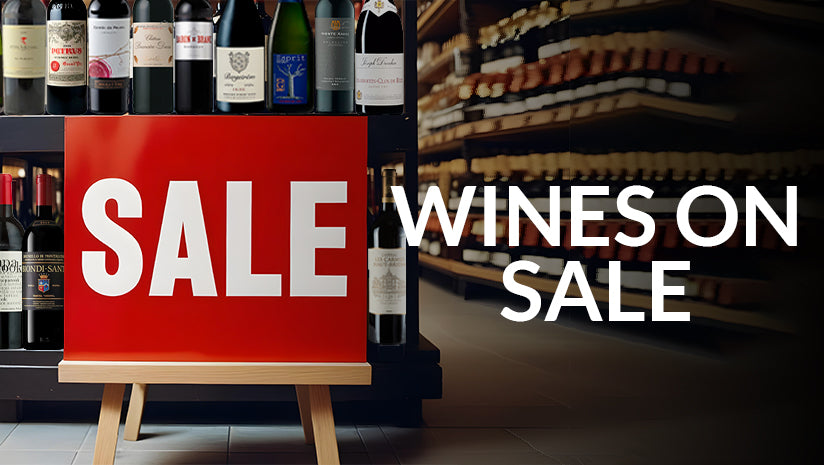
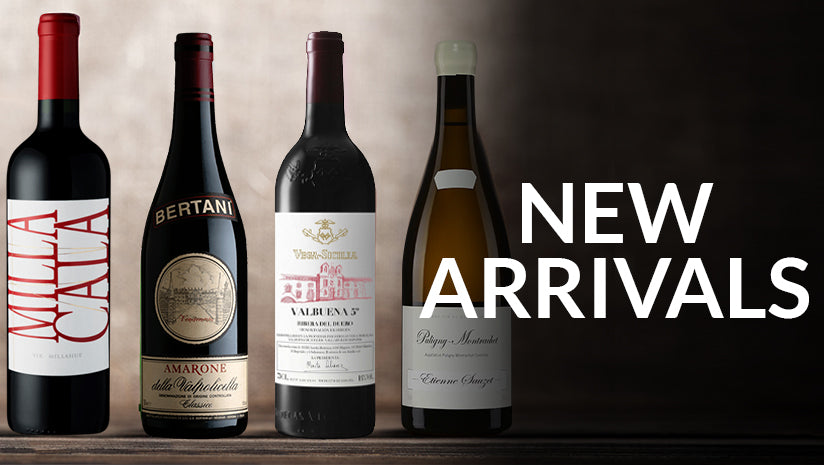
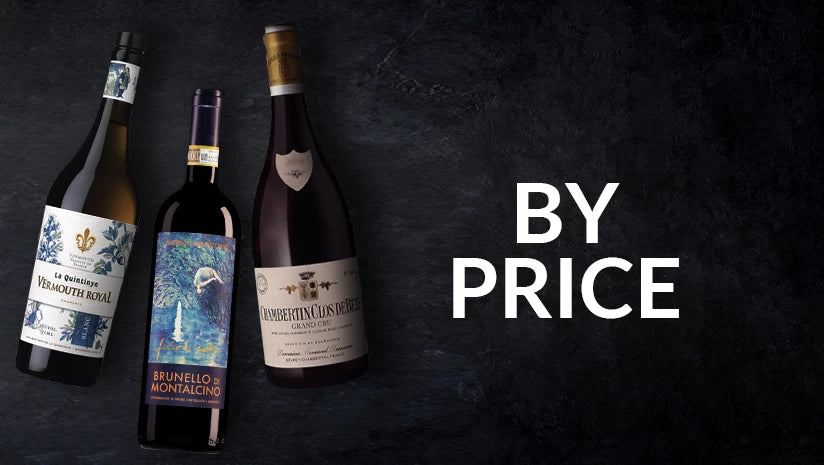














Leave a comment